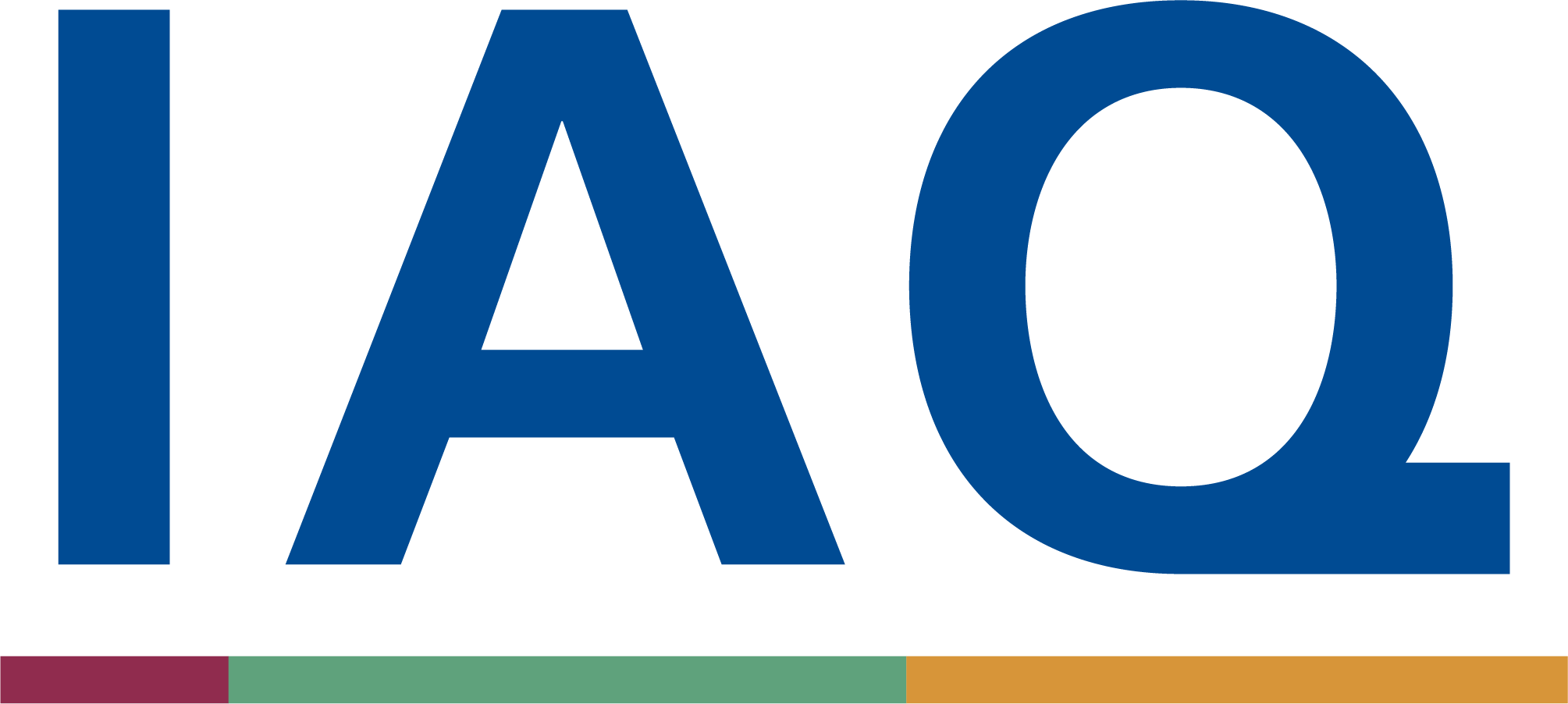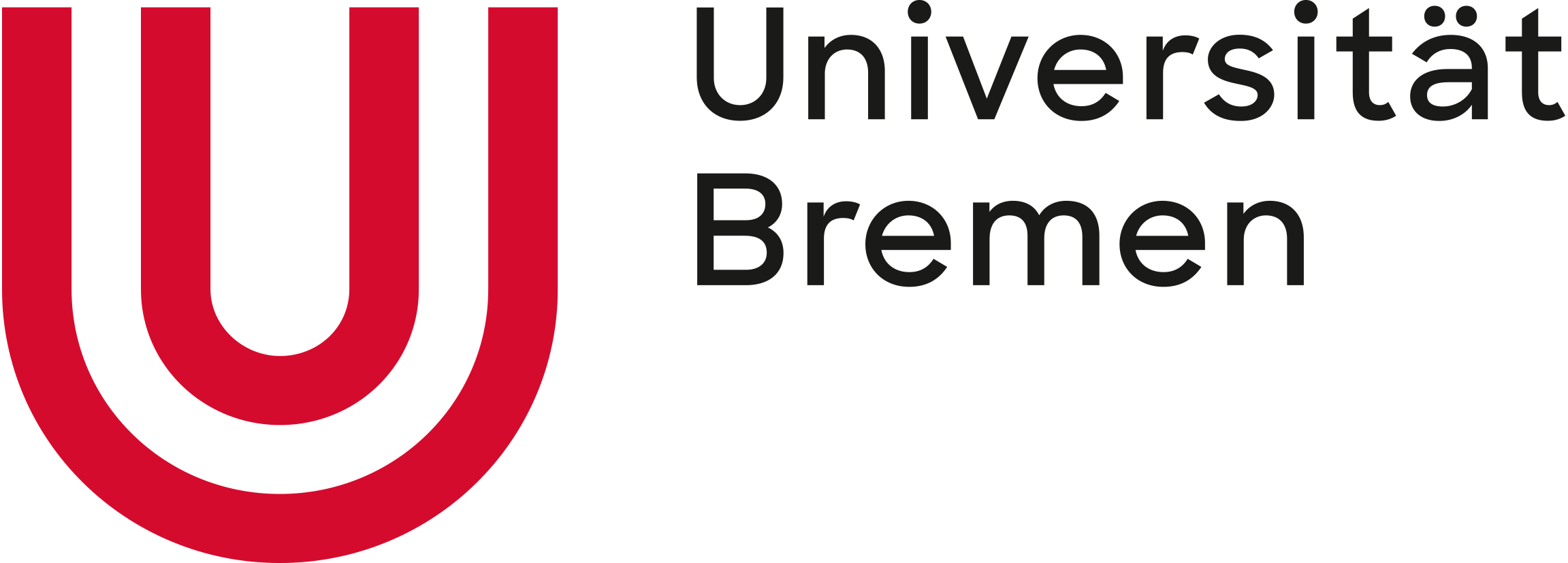Welcome
DIFIS is an inter-university institute run jointly by the Universities of Duisburg-Essen and Bremen within the responsibility of the Institute for Work, Skills and Training (IAQ), Duisburg and the SOCIUM Research Center on Inequality and Social Policy, Bremen. The institute lives from the commitment and cooperation of a wide range of actors. We warmly welcome researchers from all fields of social policy as well as social policy practitioners to cooperate with DIFIS and we encourage them to contact us with their ideas and suggestions. DIFIS is funded by the Funding Network for Interdisciplinary Social Policy Research (FIS) of the Federal Ministry for Labour and Social Affairs (BMAS).
Information on the FIS Forum with the Social Policy Biennale 2024













